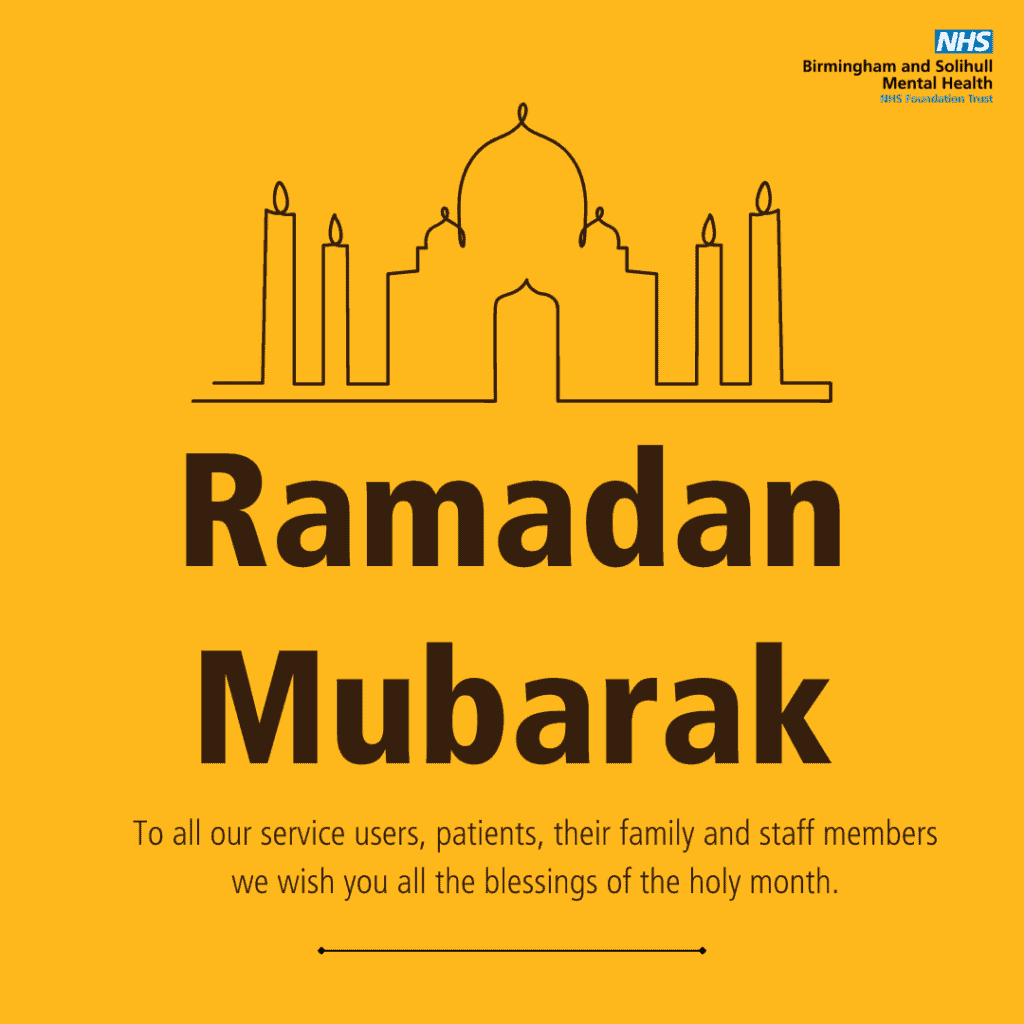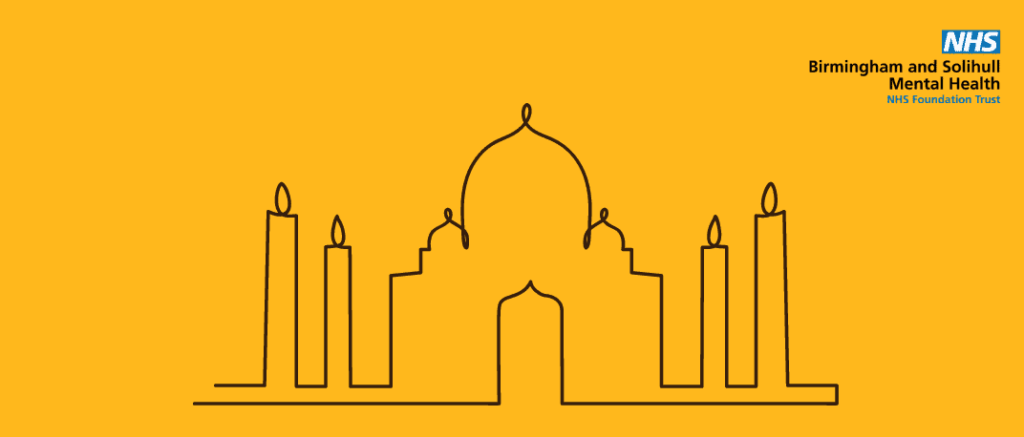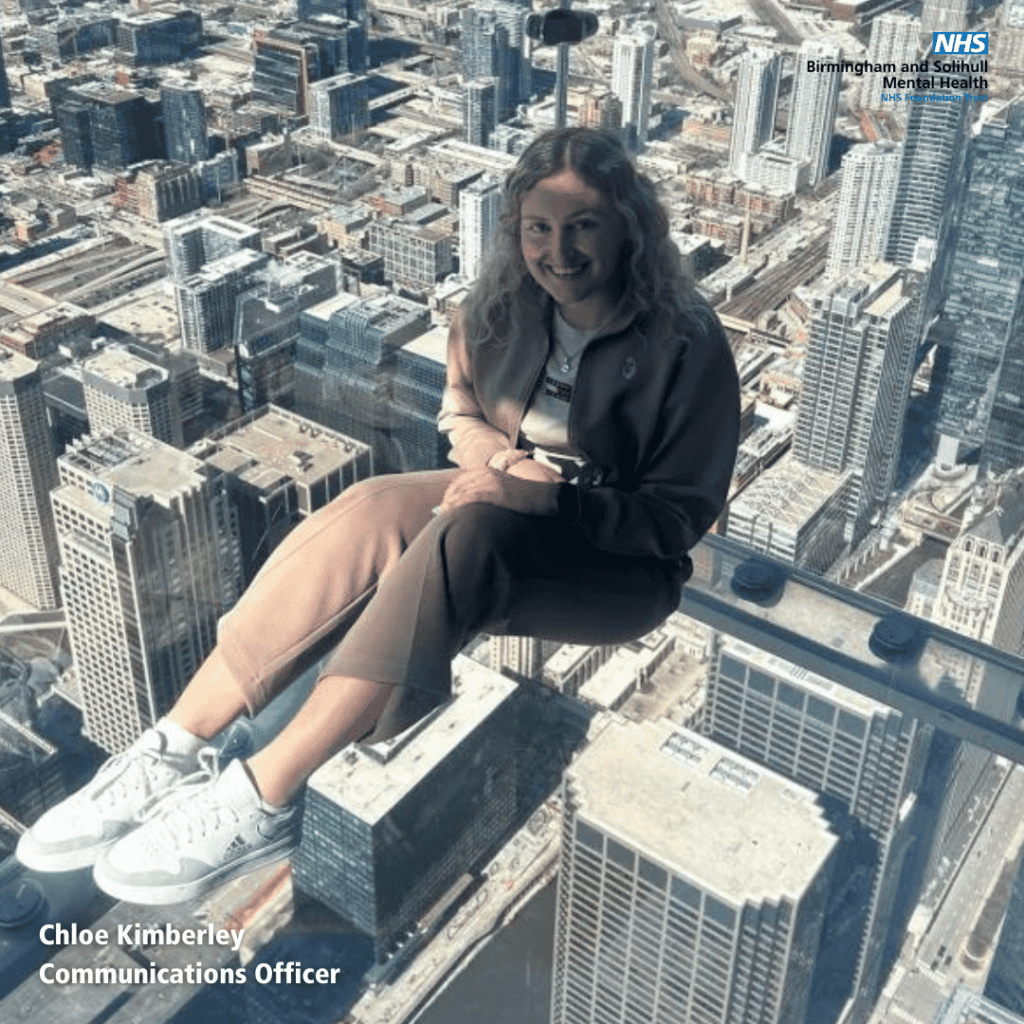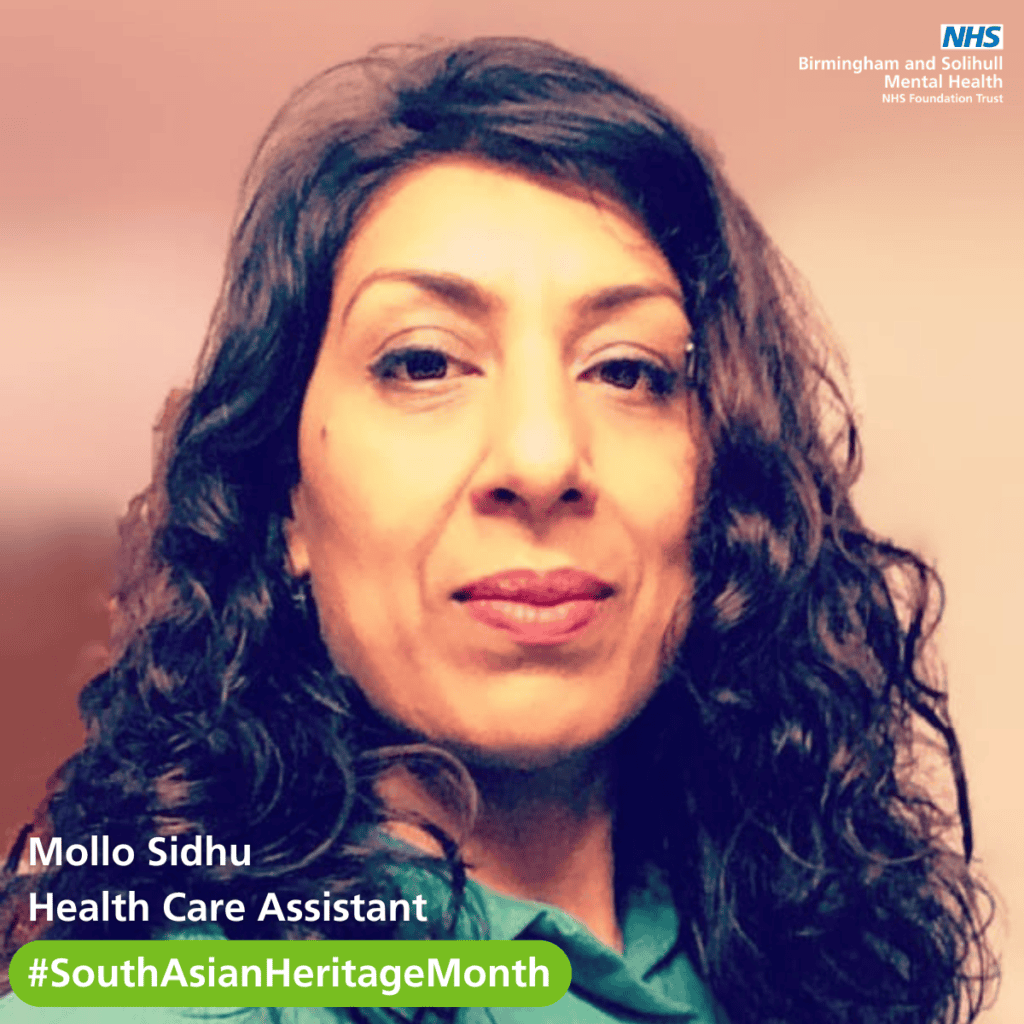The holy month of Ramadan begins this Sunday, 10 March. The start and end of Ramadan is dependent on the sighting of the crescent of the new moon, and it will last for 29 or 30 days.
Ramadan is a sacred month observed by Muslims across the world who may engage by fasting, prayer and reflecting. It commemorates the first revelation of Muhammed and observance of the month is considered one of the five pillars of Islam.
The Mental Health Foundation has provided eight tips to look after your mental health for Ramadan. Tips include looking after your physical health, ensuring you get enough sleep, connecting, reaching out to others if you need support and much more.
Exceptions and accommodations for Ramadan include people with mental health problems. Fasting and other parts of Ramadan can be difficult for people with certain mental health problems. It’s important to talk to a professional about your mental health in the context of Ramadan. They may be able to advise on how you can observe Ramadan while prioritising your health and wellbeing, and help you plan for different scenarios.
Our national NHS Muslim Network has issued official Ramadan and Eid Guidance. This supports our Muslim colleagues, but it can also educate those of us who are not Muslims about the significance of these important events, helping us appreciate the sacrifices millions of people across the world are making at this time.
If you would like to understand and experience how Muslims feel when they are fasting, why not take part in the NHS Ramadan Challenge*? Let us know if you are planning to fast by using the hashtag #NHSRamadanChalenge on social media.
We’d like to wish all our Muslim service users, patients, their family members and colleagues Ramadan Mubarak.
*Please note that for health reasons, fasting is not recommended for those with ill-health. If you are taking part but start to feel faint/ill in any way, please break your fast.

Published: 10 March 2024










